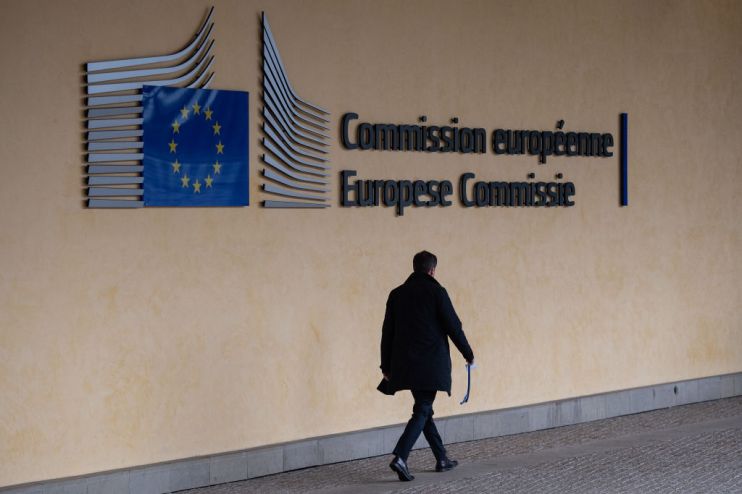UK urged to take post Brexit payments lead after EU publishes bold plan

The UK payments industry urged regulators and legislators to take a bold approach to new rules following the publication of the EU’s latest proposals.
In a landmark set of regulations, the European Union (EU) will deepen and extend open banking, put in place greater fraud protections and give regulators more firepower to enforce the rules.
New rules will also be put into place which would make the digital euro legal tender. This means that if the EU pushes ahead with plans to introduce a digital euro, it would have to be accepted.
In a statement about the package, the European Commission said the reforms ensure “the EU’s financial sector is fit for purpose and capable of adapting to the ongoing digital transformation, and the risks and opportunities it presents – in particular for consumers.”
The UK no longer has to abide by the EU’s rules, raising the possibility of significant divergence in its approach to payments regulation.
Director general of the Payments Association, Tony Craddock said: “this is an opportunity for UK plc to step forward and offer leadership in the future of payments”.
While Craddock thought there were many good proposals in the EU’s package, he said the UK could construct a “cohesive framework” covering everything from the simplest payments to full banking services.
Harvey Knight, partner at Withers agreed that the UK had opportunities in the payments space.
“This is a real test for the UK Government as to whether it still wants to maintain third party equivalence with EU regulations or take the opportunity offered by Brexit to take a different approach,” he said.
Knight suggested that one possible area where the UK could diverge was on anti-money laundering. He argued banks and payment firms were taking a “heavy handed approach” which was a “well-known business problem in the UK.”
Partner at Sidley Austin, Max Savoie thought there would “almost certainly be some divergence”.
“While international firms having to comply with different regimes can be difficult, there is definitely potential for the UK to do things differently – particularly when it comes to the details,” he continued.
Payment firms pressure UK to step in line
While the UK is under no obligation to follow the rules, it will be under pressure from payments firms to chart a similar course.
“The payments industry is of its nature international and the influence of pan-European banks and payment providers, and in particular of the major card schemes, is likely to cause the UK to be under pressure to look at its own rules to deal with the same issues that PSD3 looks to address,” Fieldfisher’s financial services partner Nicholas Thompsell said.
Savoie agreed that there would be pressure to push for greater alignment.
“There will be incentives within certain parts of the industry to secure broad alignment in areas where divergence could lead to significant operational challenges or costs,” he said.
He also pointed out that firms wanting access to the EU’s market would generally have to follow the rules in any case.
The Payments System Regulator said it was keeping a “close eye on the different conversations and consultations coming out of Europe” confirming it would “engage with legislators, other regulators and industry on anything that may be relevant to the UK”.